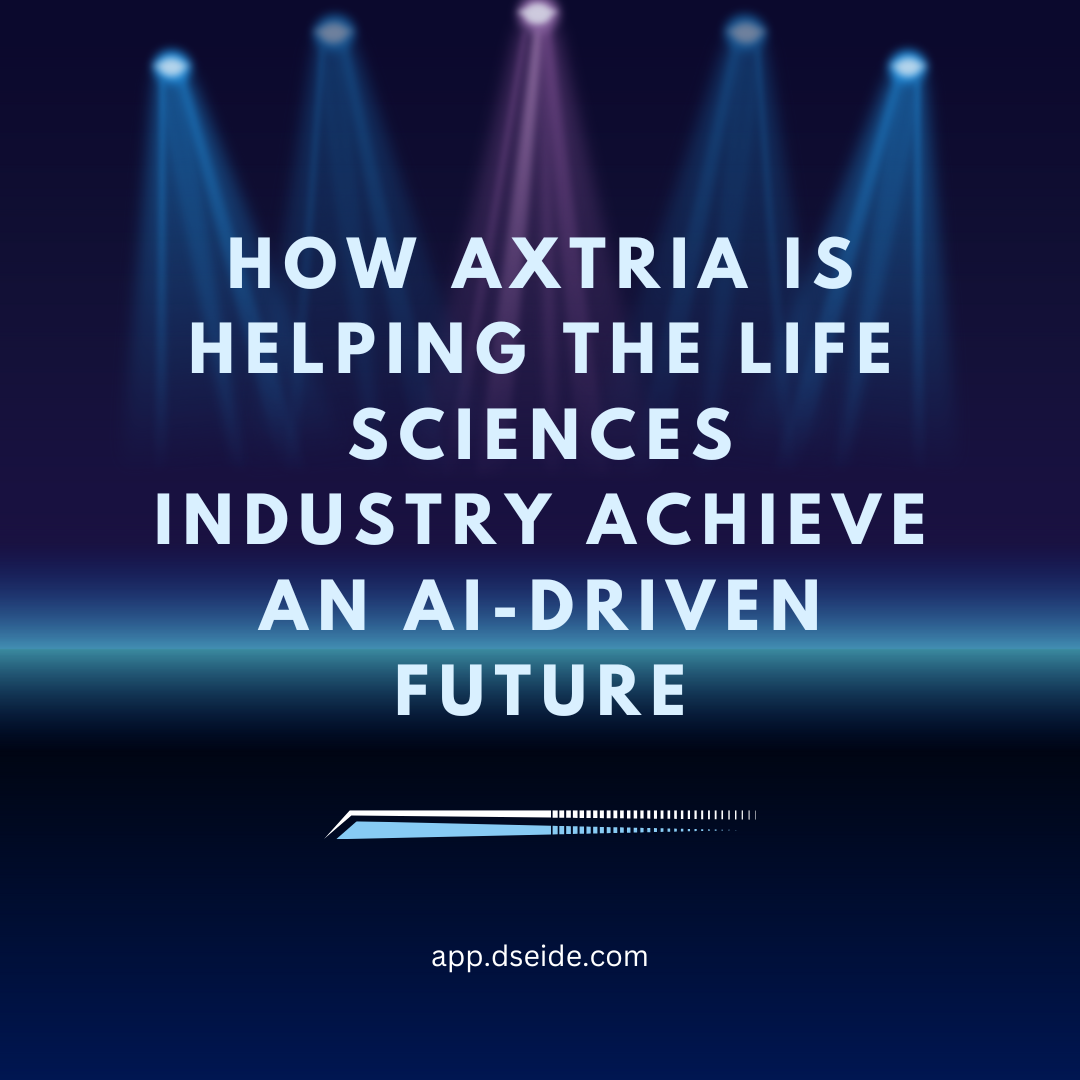Since its emergence on the life sciences stage, some of the best use cases of artificial intelligence (AI) have been the creation of indispensable tools for drug discovery, patient engagement, and healthcare operations. However, the biggest opportunity for AI right now is to develop treatments for rare diseases that still have no effective therapies.
Shikha Singhal, principal of data science at Axtria, discussed the AI-driven future of the life sciences industry with AIM. “With less than 5% of 7,000 known genetic diseases having treatments, pharma companies will prioritise niche therapies, supported by AI-enabled patient analytics and real-world data,” she said.
In 2024, Demis Hassabis and John M. Jumper were awarded the Nobel Prize in Chemistry for their contributions to AI-assisted protein structure prediction. Shikha believes these advancements set the stage for 2025, which promises even greater strides in efficiency and effectiveness, patient engagement, and innovative therapies.
As the industry builds on this momentum, Shikha outlined several key trends that will enhance drug lifecycle management. “AI is centre stage right now and pharma is figuring out the ideal human-AI combination, reinventing their business functions with new ways of working,” shikha said. She added that AI and advanced analytics are key to developing tailored medicine, AI-powered cloud solutions enable instant data-driven decisions, and how highly personalised treatments are a reality thanks to the use of digital twins. Shikha says Axtria is leading the charge with AI-based products and services that make digital transformations successful, paving the way for these exciting treatment innovations.
Source: analyticsindiamag
#healthcarestartupindia #dseidehealthcarenetwork
Shikha Singhal, principal of data science at Axtria, discussed the AI-driven future of the life sciences industry with AIM. “With less than 5% of 7,000 known genetic diseases having treatments, pharma companies will prioritise niche therapies, supported by AI-enabled patient analytics and real-world data,” she said.
In 2024, Demis Hassabis and John M. Jumper were awarded the Nobel Prize in Chemistry for their contributions to AI-assisted protein structure prediction. Shikha believes these advancements set the stage for 2025, which promises even greater strides in efficiency and effectiveness, patient engagement, and innovative therapies.
As the industry builds on this momentum, Shikha outlined several key trends that will enhance drug lifecycle management. “AI is centre stage right now and pharma is figuring out the ideal human-AI combination, reinventing their business functions with new ways of working,” shikha said. She added that AI and advanced analytics are key to developing tailored medicine, AI-powered cloud solutions enable instant data-driven decisions, and how highly personalised treatments are a reality thanks to the use of digital twins. Shikha says Axtria is leading the charge with AI-based products and services that make digital transformations successful, paving the way for these exciting treatment innovations.
Source: analyticsindiamag
#healthcarestartupindia #dseidehealthcarenetwork
Since its emergence on the life sciences stage, some of the best use cases of artificial intelligence (AI) have been the creation of indispensable tools for drug discovery, patient engagement, and healthcare operations. However, the biggest opportunity for AI right now is to develop treatments for rare diseases that still have no effective therapies.
Shikha Singhal, principal of data science at Axtria, discussed the AI-driven future of the life sciences industry with AIM. “With less than 5% of 7,000 known genetic diseases having treatments, pharma companies will prioritise niche therapies, supported by AI-enabled patient analytics and real-world data,” she said.
In 2024, Demis Hassabis and John M. Jumper were awarded the Nobel Prize in Chemistry for their contributions to AI-assisted protein structure prediction. Shikha believes these advancements set the stage for 2025, which promises even greater strides in efficiency and effectiveness, patient engagement, and innovative therapies.
As the industry builds on this momentum, Shikha outlined several key trends that will enhance drug lifecycle management. “AI is centre stage right now and pharma is figuring out the ideal human-AI combination, reinventing their business functions with new ways of working,” shikha said. She added that AI and advanced analytics are key to developing tailored medicine, AI-powered cloud solutions enable instant data-driven decisions, and how highly personalised treatments are a reality thanks to the use of digital twins. Shikha says Axtria is leading the charge with AI-based products and services that make digital transformations successful, paving the way for these exciting treatment innovations.
Source: analyticsindiamag
#healthcarestartupindia #dseidehealthcarenetwork





